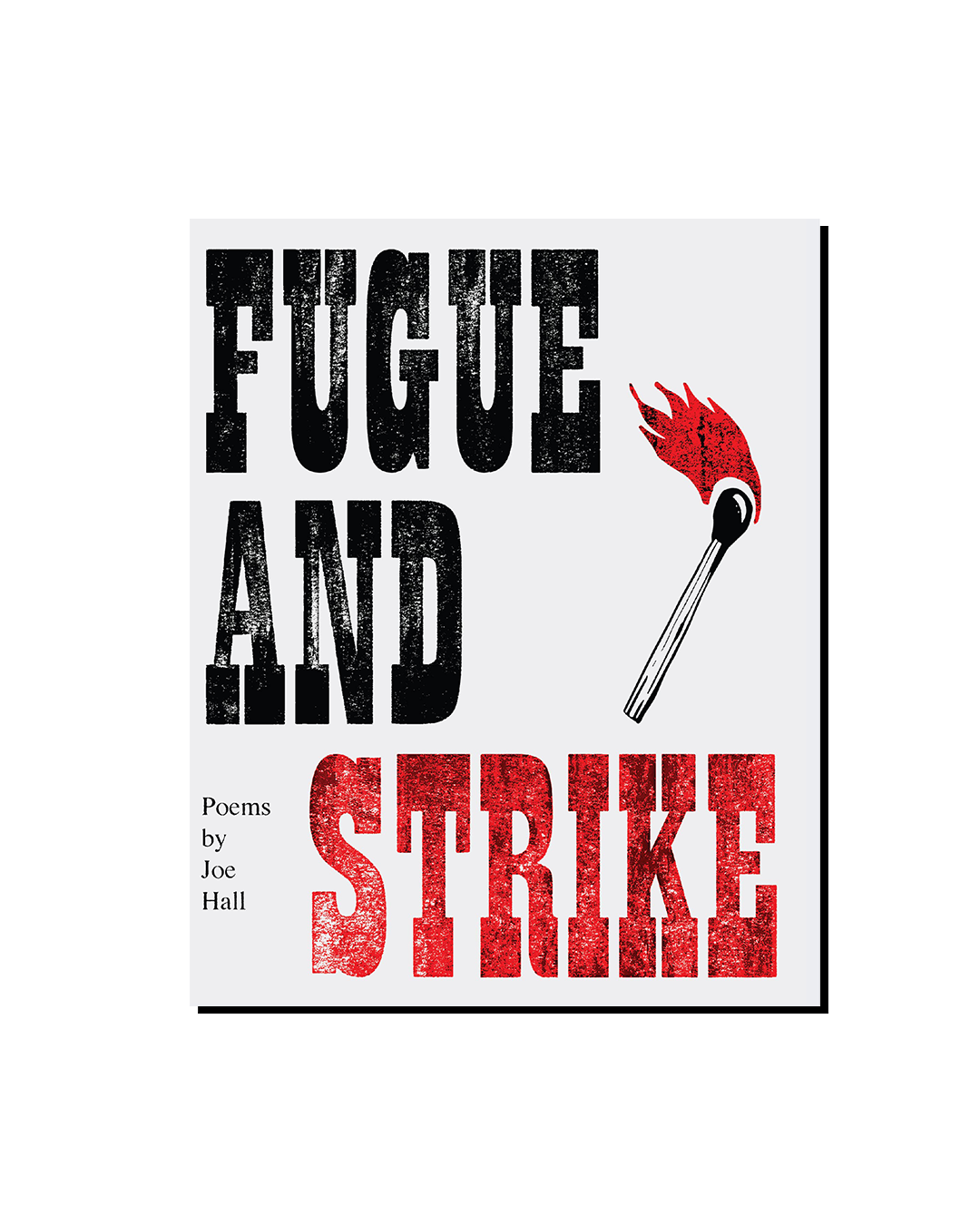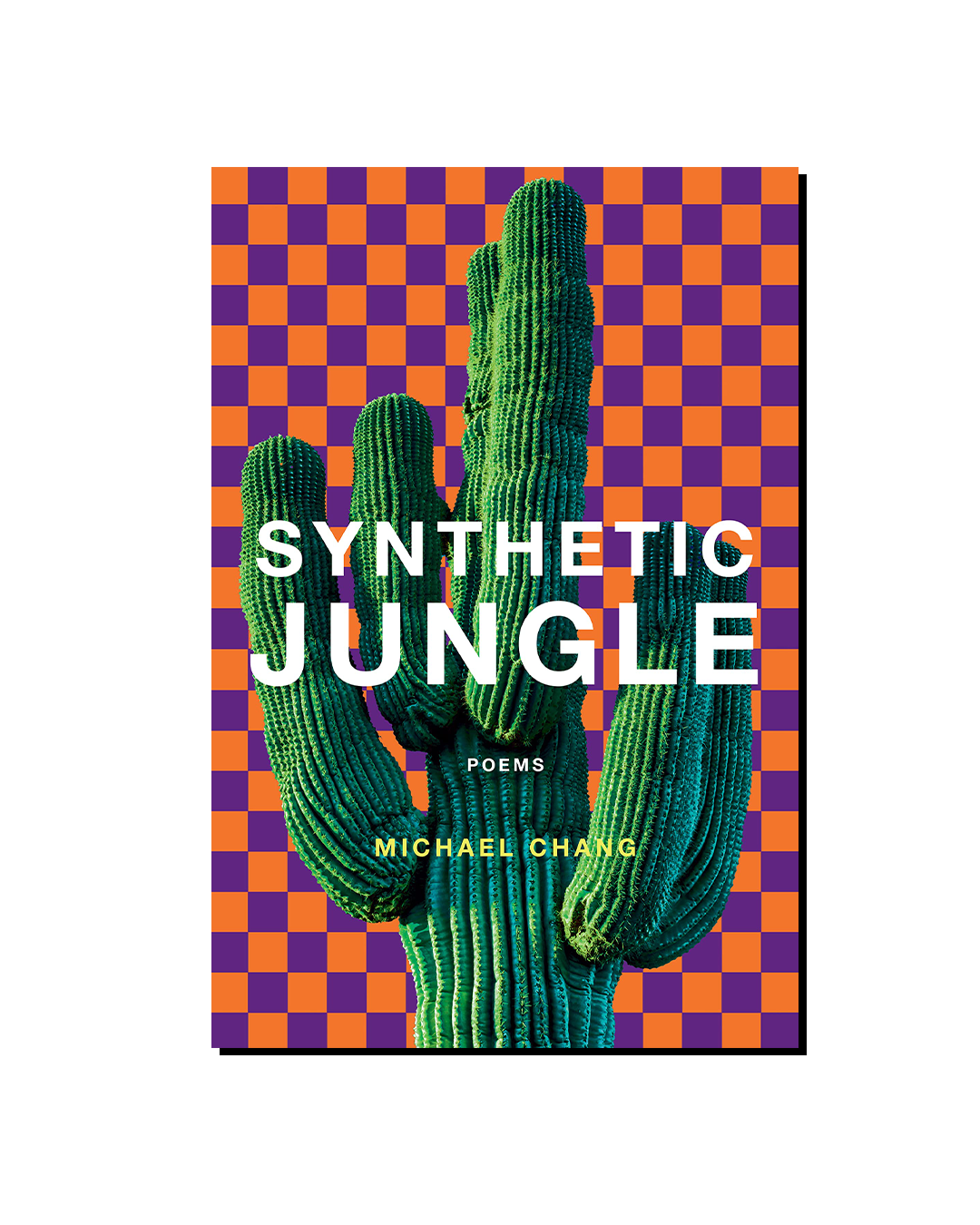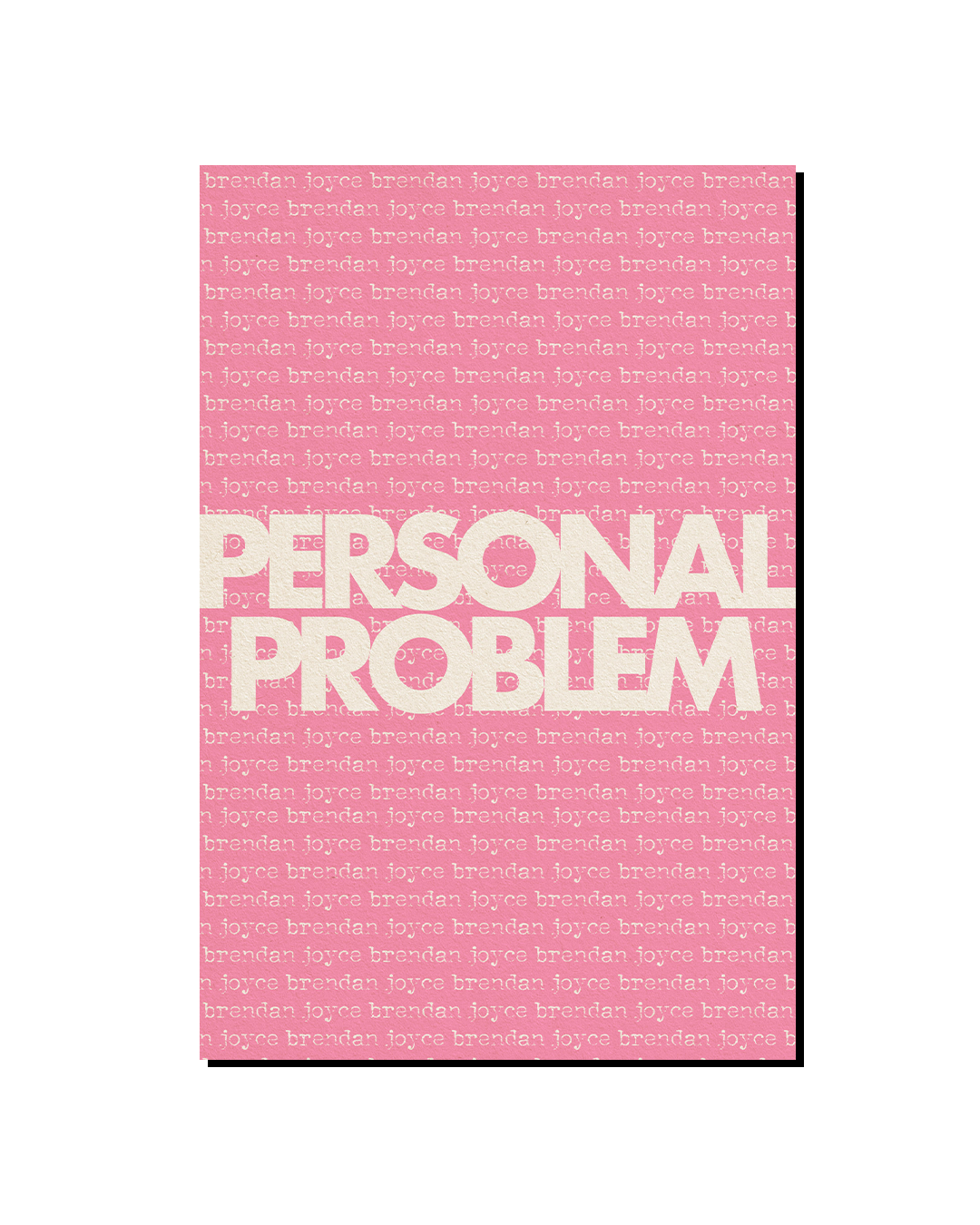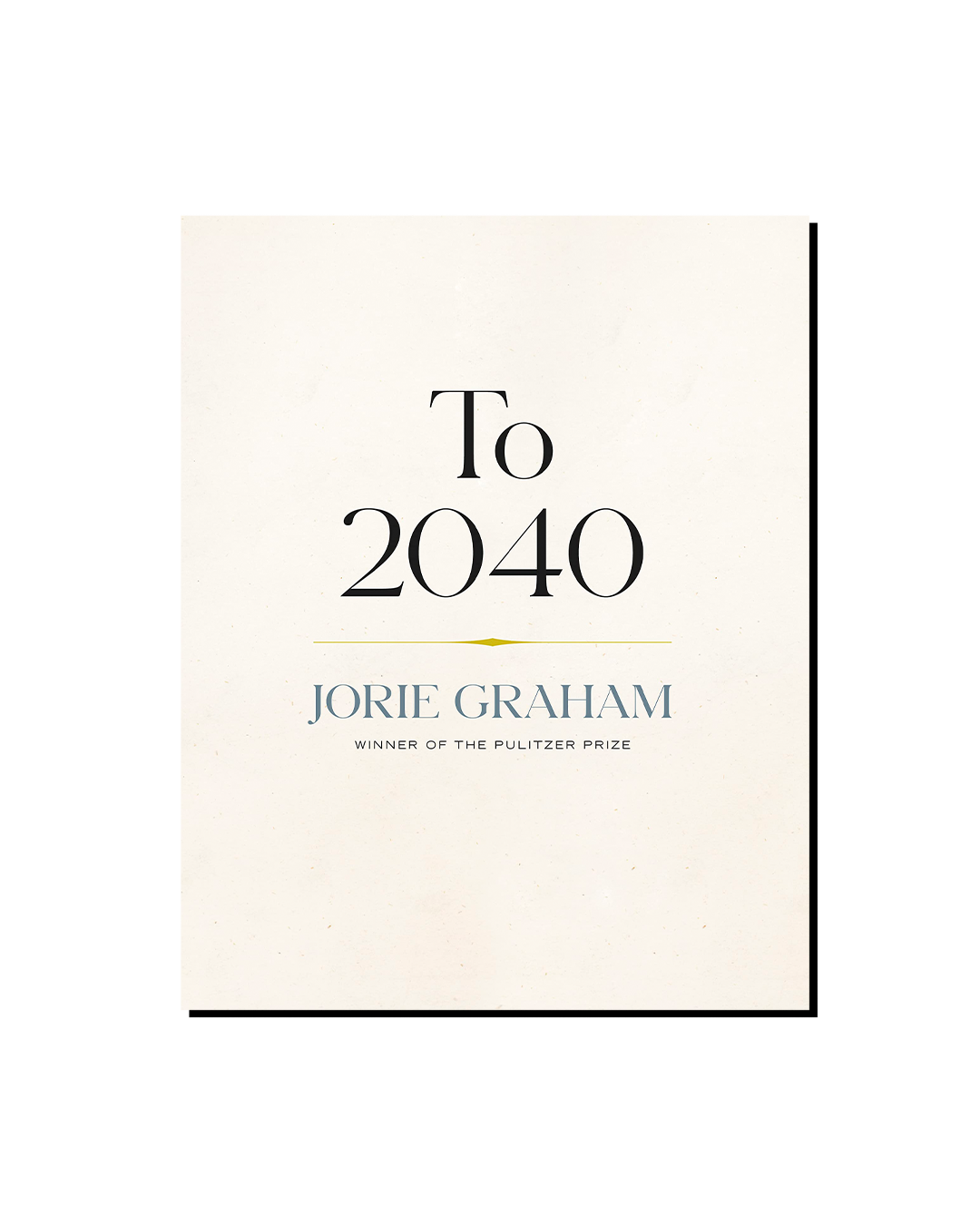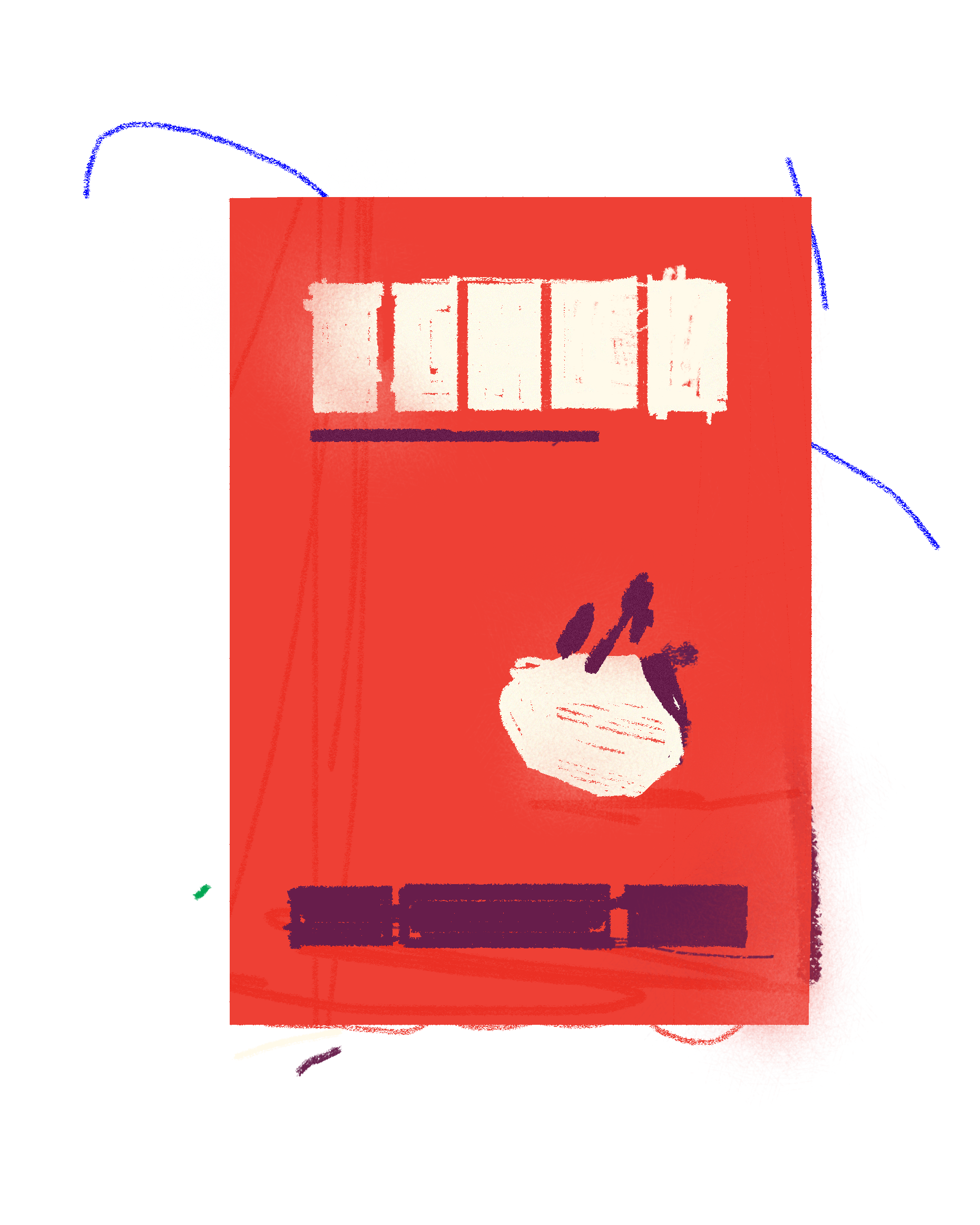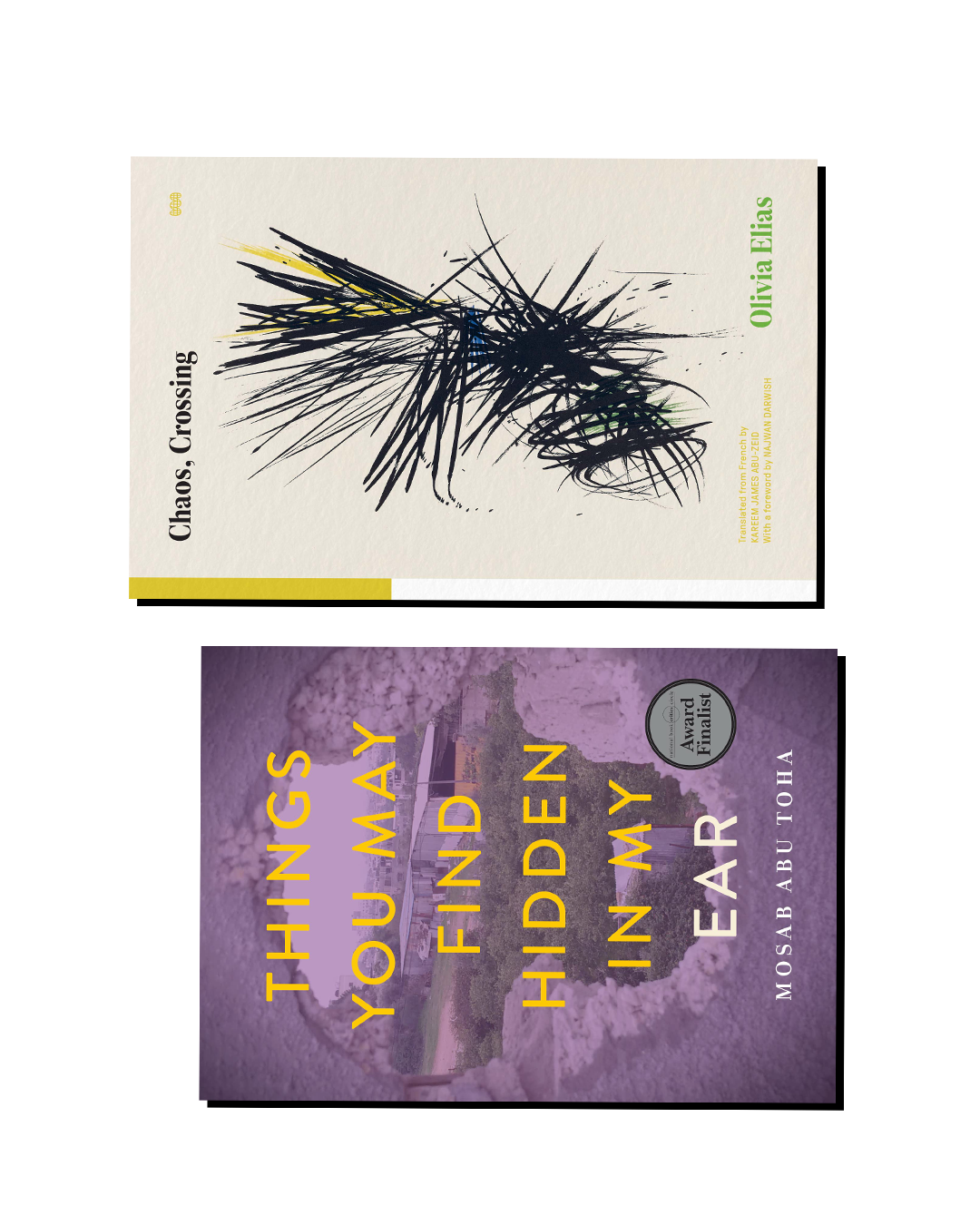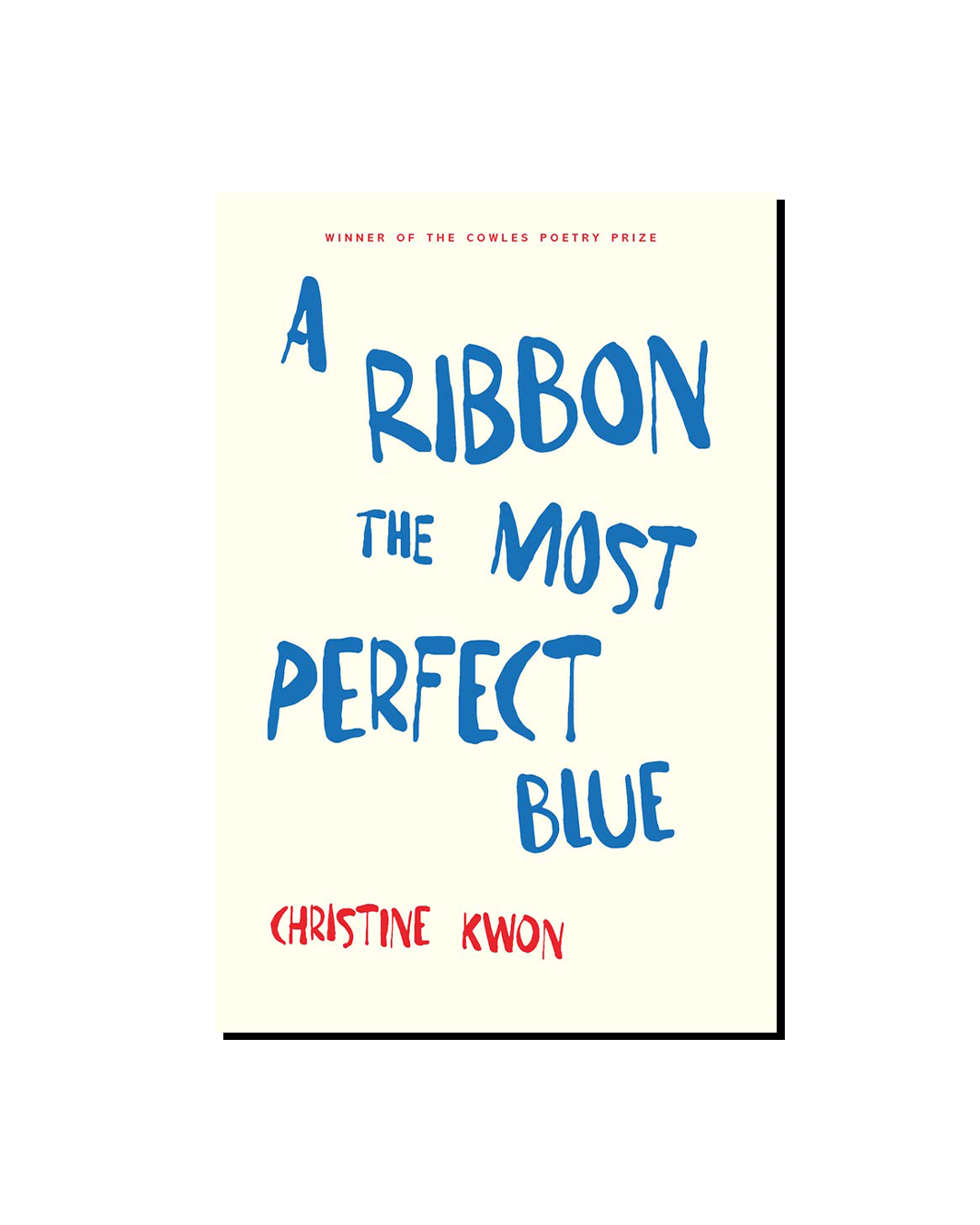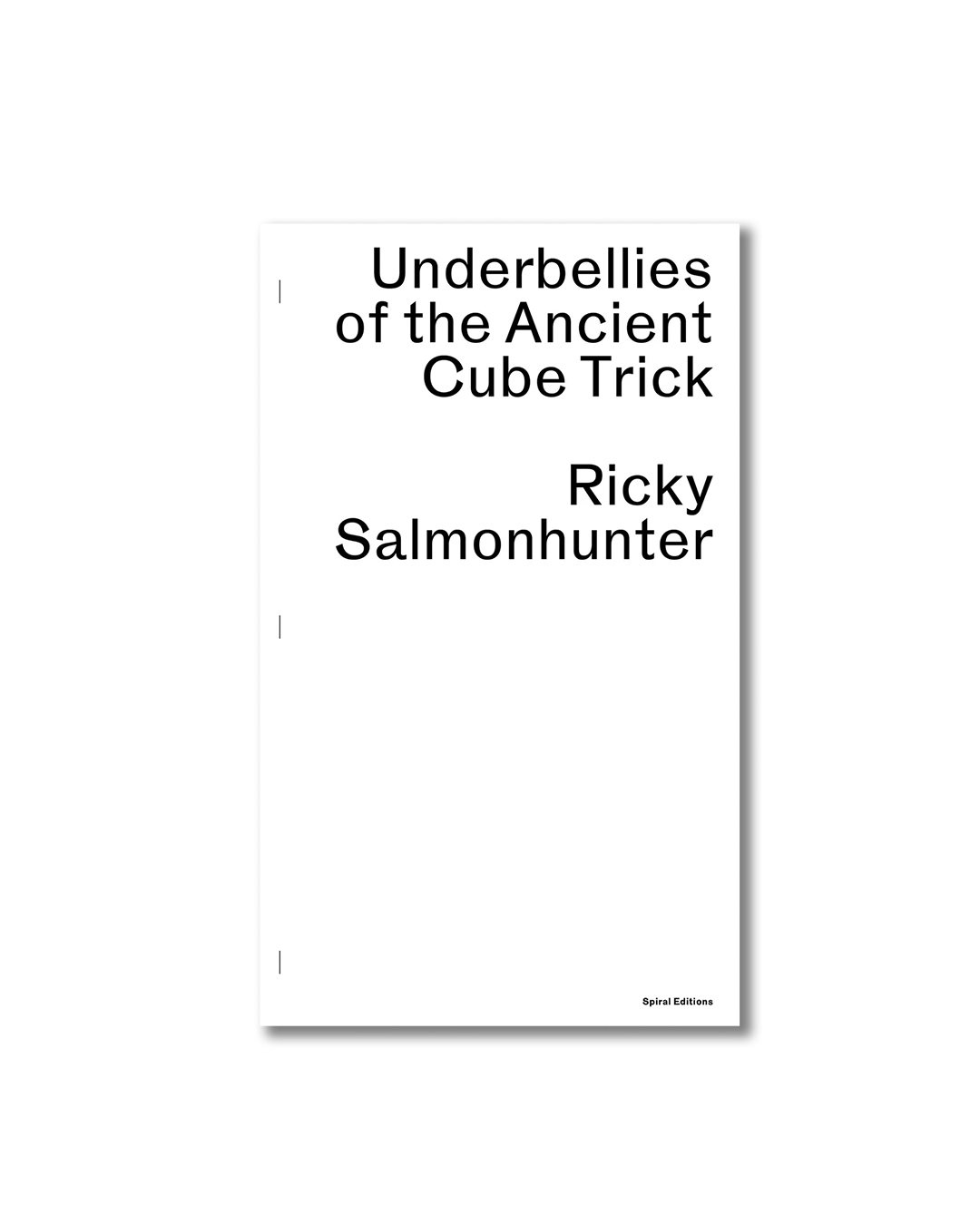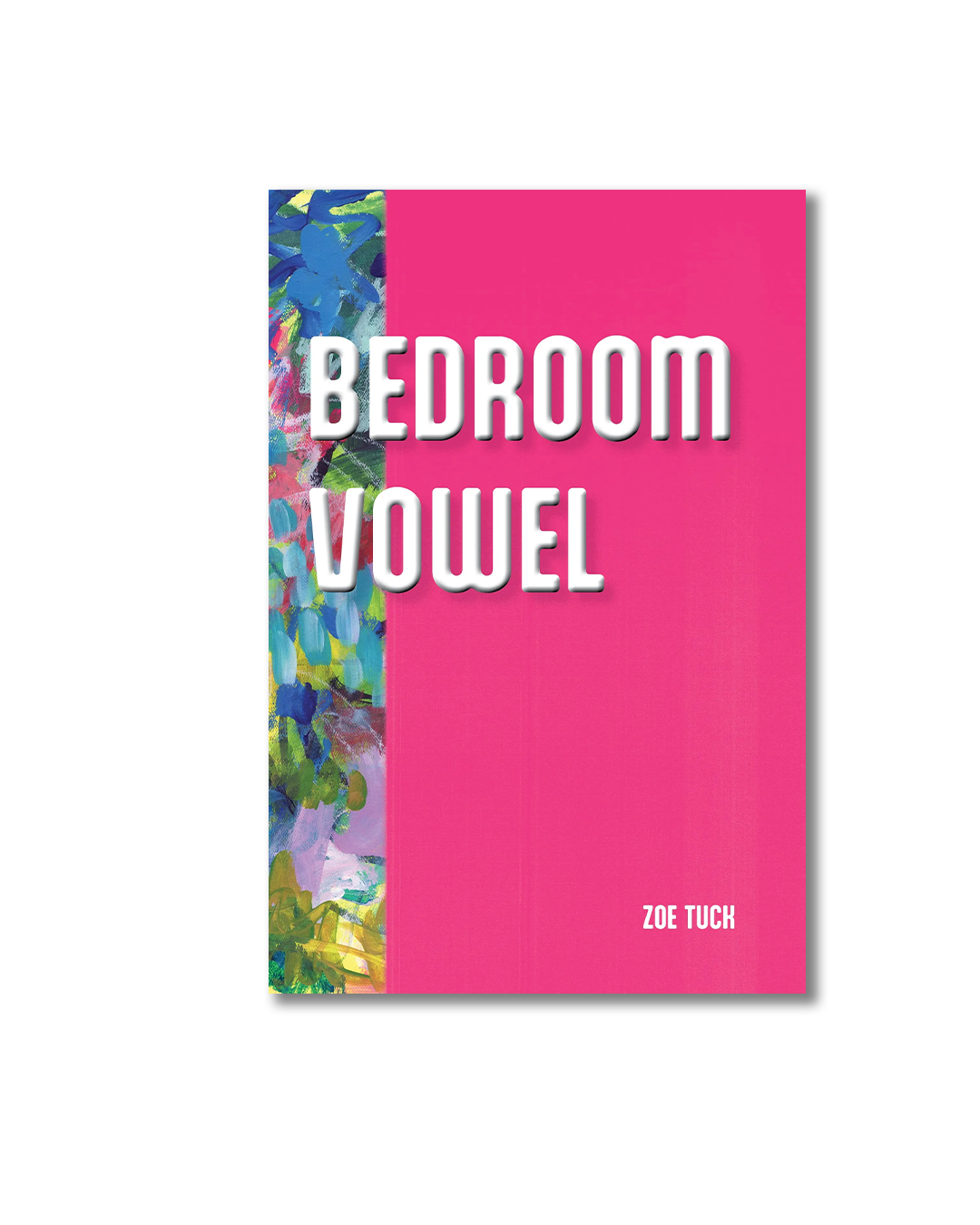Enter the Fugue Zone: On Joe Hall’s “Fugue and Strike”
The text contends that there is such a thing as public space, and that the poet can intervene in it. Moreover, it asserts that Buffalo—a poor, working-class city in the Rust Belt, crumbling from decades of neglect—is capable of ecstatic beauty.
Conditions of Should: On Dana Gioia’s “Meet Me at the Lighthouse”
There are no shoulds besides making marks on a page and arranging those words in a particular order; what’s left is a condition of the present, of taste which cannot exactly be spoken to before it changes.
50 Ways to Leave Your Letter: On Michael Chang’s “Synthetic Jungle” (Excerpt)
do we live here — wedreamstories&scenesbutwedontlivethem (Notley) — or here — ppleatcronuts&frankoceanieatbusilybetweenyourlegs (Chang)
Antagonistic Forms: A Conversation with Quenton Baker
And maybe that brings us to the myth of chronology: linear time equals progression. No. There is no linear progression and we’re reproducing subjection again and again.
Dirty Work: On Irene Silt’s “My Pleasure” and “The Tricking Hour”
Writing histories of struggle alongside imagined futures of collective care, there is no isolated subject. Silt’s essays and poems serve as a sprawling manifesto, showcasing the peculiarities of pleasure under capitalism.
from “An Extremely Well-Funded Study of Doors”
Consider this pamphlet a set of buyer’s notes, a thorough investigation under the orders of academizing burglars. The question you must then ask yourself is: is the nicest door a door one can buy, a door one must take, or a door one must build?
from “The Motherwell Sonnets”
“An Elemental Rust,” says Dickinson. I grew it on the inside of a can. A rustling effect. A chandelier. A .22. Its cartridges. A bit of window screen patching a screen and a dried bee. A contact lens.
Machine in the Garden: On Marty Cain’s “The Prelude”
Rather than a rurality for tourists, a land recast as a bourgeois playground pervaded by natural and cultural heritage, Cain attempts a rurality that is grotesque and potent. He performs a pastoral contaminated by history.
What will not cohere: On Valerie Hsiung
In that pulse between orality and literacy, the history of thinking and breathing, something forced—to hurl. Somewhere someone is apologizing for existing.
Two Poems from “Personal Problem”
Heard you pulled a twenty dollar bill out of an Ohio sunset. Heard you do it every night.
Just Now and Gone: On Jorie Graham’s “To 2040”
Graham’s poems do not merely describe images of the near future, Anthropocene industry and loss, but enact its immediacy with energetic bursts of syntax contending with their afterwards, their silence: “—& where // does it go now / when it goes away”
On the Earth, or in a Language: A Conversation with Dong Li
As long as you have things to say, you don’t have to package or repackage things in a very intellectual way. If the thought is forceful enough, it will find a way to convey itself, even if it’s in a broken language, even in broken English.
The Reader Will Not Be Saved: On Palestinian Poetry (in Translation)
A US readership may be seeking the right kind of palatable challenge to their aesthetic and intellectual views, a challenge that will change them, but these poems are after something different.
from “Teeter”
Sideline aside, talk just to say, speak just to hey, sound just to chorus. Take long sustain sounds, remove the attack & decay to assemble tones. Lower & raise pitch, make the levels consistent, string together a long-ass DRONE.
Still, Observing: On Christine Kwon’s “A Ribbon The Most Perfect Blue”
There is an insistence to the art required of this stillness, this refusal to act, and the attention to quotidian detail it both enables and depends upon.
Two Poems from “House Hunters International :: Sonnets”
I always wonder what it feels like
to be wrong
to have a pool
I want to do that again
At the Risk Management Playground: A Conversation with Tucker Leighty-Phillips
I guess it is labeled as a story collection. So they’re all—for the sake of categorization—they’re short stories, but I don’t know. Some of them were published as prose poems, and I think that letting them both be categorized and also evasive of categorization is kind of cool.
“Submission Fees”
To be miraculous is not about having the best of luck.
To be miraculous is about having enough wealth to buy the fortune.
And you know what they say about money and poetry. But I fold the cranes.
Two Poems from “Bedroom Vowel”
you said you saw my finger twitch
saw me press my pelvis to the archive
but on the other hand you believe
that we awaken out of nothing

